Agile Methodologies Concepts & Principles
Agile Methodologies Foundation
- Instructor-led, Online
- Course Category: Agile Development, Change Management
GBP
45
Instructor-led, Online
Duration: 2 hours
Course Code: TXV-AMF-1836
Skill Level: Beginners
Agile Methodologies Concepts & Principles
Overview
You can’t control the change, but you can control how you react and adapt! Embrace agility and adapt to changes better, learn the right principles, concepts and get it right with agile. Agile is in! No matter which industry, domain, platform or area of your work, you need to be agile, nimble, adaptive and respond to the changes rapidly. To learn and get your agile quotient up, enrol now to TEXAVI’s Agile Methodologies’ Concepts and Principles course!

Who can attend?
- Anybody with or without work experience
- IT professionals (eg., Developers, testers) considering a move to BA role
- Non-IT people who want to learn IT skills thinking of a career switch
- Graduates and university students who aspire to get into IT industry
- Students who have just passed their B. Tec, A-Levels or college studies
COURSE OUTLINE
- Overview and setting the context
- The Agile Manifesto
- The three pillars of agile
- Core agile principles & concepts
- Engaging key stakeholders in agile
- PDCA and the agile toolkit (DMAIC)
- Time-boxing & planning in agile
- Definition of Done & Definition of Ready
- Software testing in agile
- Summary – Q & A
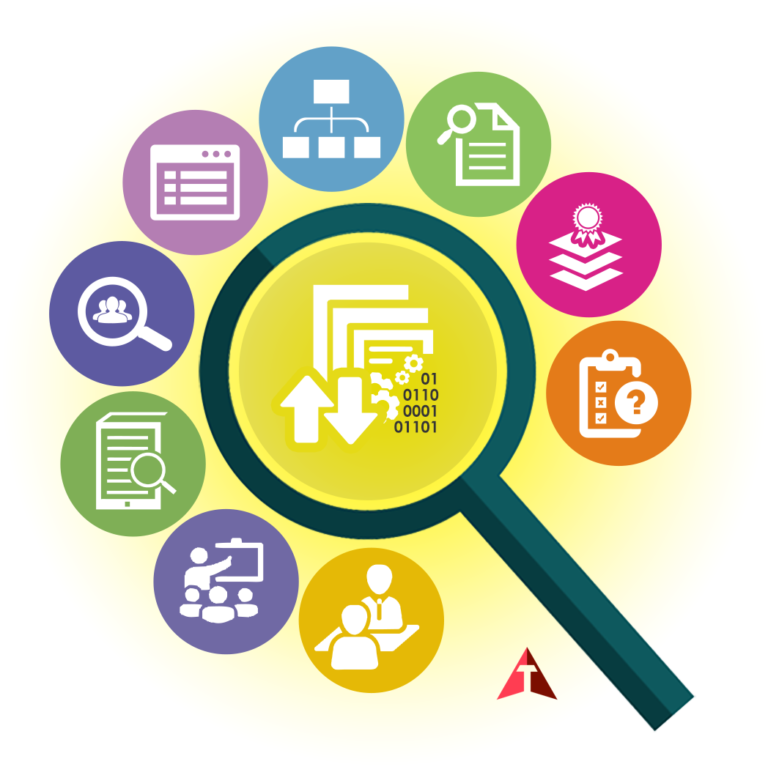
What will you learn?
By the end of this course, you will be able to:
- Define the Agile Manifesto and discuss its relevance to evolution of agile methods
- List the three pillars of agile development methodologies
- Identify at a very high level, the twelve core values of agile
- Apply the following agile core values while implementing an agile methodology:
- Collaboration between business and development team
- Agility through excellence
- Engaging conversations
- Empowering the team
- Continuous delivery
- Embrace changes
- Working product
- Timeboxing
- Constant pace
- Self-organising teams
- Minimalism approach
- Introspection and retrospective

- Identify at a very hight level, the twelve core principles in agile methods
- Describe how each of the following agile core principles works in the agile methodologies:
- Empower teams
- Early visibility
- Embrace changes
- Continuous delivery
- Collaborative working
- Sustainable development
- Retrospect and adapt
- Self-organising teams
- Focus and prioritise
- Technical and design excellence
- Engage and communicate
- Track progress

- Identify the various stakeholders in an agile context
- Categorise the stakeholders identified into one of the following categories:
- Business stakeholders
- Project stakeholders
- Technical stakeholders
- Development stakeholders

- Apply the PDCA (Plan, Do, Check, Act) cycle for continuous improvement
- Describe the agile toolkit aka DMAIC and the steps involved:
- Define – State the problem
- Measure – Set baselines
- Analyse – Go to the root
- Improve – Identify the steps
- Control – Assess the results
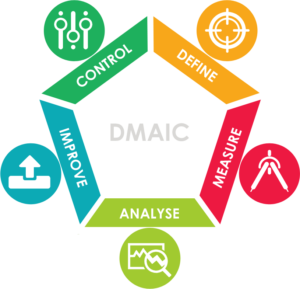
- Explain how planning works in agile
- Apply the STOp tool to conduct planning in agile
- Apply ‘timeboxing’ concept while planning in an agile project
- Explain team structure in agile projects using Tuckman’s Group Framework
- Forming
- Storming
- Norming
- Performing
- Adjourning
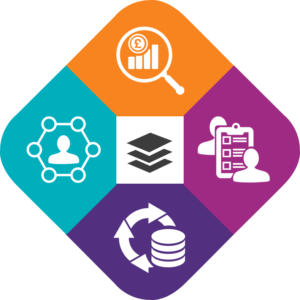
- Explain Definition of Done (DoD) using the criteria and conditions
- Explain Definition of Ready (DoR) using the development ready statuses
- Describe the role of testing in agile
- Identify the various types of testing in agile projects and their suitabilty
- Functional testing
- Integration testing
- Non-functional testing
- Ad hoc testing
- Unit testing
- Black-box testing
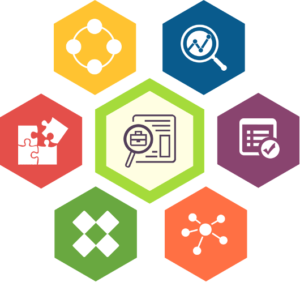
- Apply the V-model of testing in relevance to agile development projects
What do you need?
There are no pre-requisites for this course. There is no need for any prior experience, working knowledge or awareness of software development or projects experience. The course is suitable for experienced professionals working in the industry or academia, aspirants and early stage professionals, as well as students in universities and colleges. Professionals and aspirants from technology, business, operations or sales are all welcome to explore and understand the agile methodologies alongside their concepts and principles.
WHAT'S INCLUDED?
|
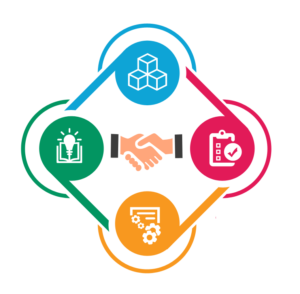 |
Why Texavi?
Learn real-world, practical skills from practising professionals, not just theoritical knowledge from trainers!
-
TEXAVI is a proven leader in delivering non-coding IT learning, worldwide
-
We are not just trainers, but practising IT professionals with 25+ years of work exp
-
Our courses get you job-ready with practical and real-time insights
-
Qualify for certificates upon completion and complete our assessments
-
Pave way for industry-recognised certifications
-
Access to treasure of Texavi’s high-quality, content-rich resources and materials
-
Get discount voucher to our popular courses on Udemy
-
24×7 access to Texavi’s interactive platform with personalised content
Sample Course Video
TEXAVI Tests
Test Your Knowledge
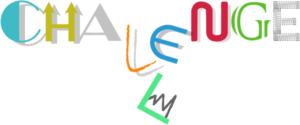
Take the Texavi Tests and challenge yourself, simply click the below links and start the interactive quiz…
Trainer Profile

Your trainer for this course is Pardha Saradhi Mantravadi. Pardha is a seasoned and well-qualified trainer, coach, mentor, influencer and thought leader. He has rich and varied IT-industry experience of 25 years, working in different roles as an IT professional with blue-chip organisations viz., HSBC, Deutsche Bank, Dyson, Asda, Cambridge University Press, Roche, King’s College London , Royal Society of Chemistry etc. Pardha delivers his training sessions by blending the concepts and principles with practical insights from real-life projects and programs…click here to view the complete trainer profile.
Reviews
“The delivery was consistent, thoughtful and measured. Texavi’s masterclass worked well for me.”
– Louise Caldwell, OMT Group
“I enjoyed the bootcamp and found it very inspiring. I found your description of digital transformation very useful and I liked the examples that were given about successful digital businesses.”
– Dr. Carrie Mowatt, Royal Society of Chemistry
“What I like most about Pardha is the way he easily blends empathy for users within day-to-day software development tasks. This mix of vision and execution is rare and powerful.”
– Sarbajit Sen, Steelwedge Software
“Recently Texavi conducted a workshop on Agile methodologies. The trainer’s knowledge on Agile methodology has its roots grounded in experience.”
– Tazeen Sheikh, Mastek
” The trainer is very well-informed. I learnt a lot of background to digital transformation and artificial intelligence and how businesses can use them.”
– Robert Bowles, RSC
“I attended Texavi’s training on Agile Business Analysis and had a lot of takeaways from the session. Pardha’s effective presentation skills supported with context you can relate to, makes the entire experience exhilarating.”
– Abhijeet Majumdar, Zensar Technologies
“The workshop was quite interesting. I found the exercises we did particularly valuable, as it was useful to discuss with the others present, and to then feedback to the wider group.”
– Holly Sheahan, Cambridge Partners
“Excellent speaker, very knowledgeable. Lovely manner and gentle approach.”
– Linda Clifford, Marketing Success
“Texavi has delivered a fantastic product which was above expectations. The ISBE DataHub will support operational and strategic efforts, at the same time reducing the burden of work for staff at KCL.”
– Christine Manoharan, King’s College London
“The workshop was quite interesting, liked the practical and interactive parts. Texavi’s Digital Business Maturity Model is really helpful and necessary for success.”
– Julio C Garcia, Creanto
“The trainer, Pardha is professional yet very friendly, made everyone feel welcome.”
– Chantal Gilbert, BusyBee Consulting
Related Courses
Texavi Toolkit
Team TEXAVI created relevant videos, podcasts, blog posts, white papers, posters and articles for your use. Check the below content out to understand more about agile methodologies and approaches:
